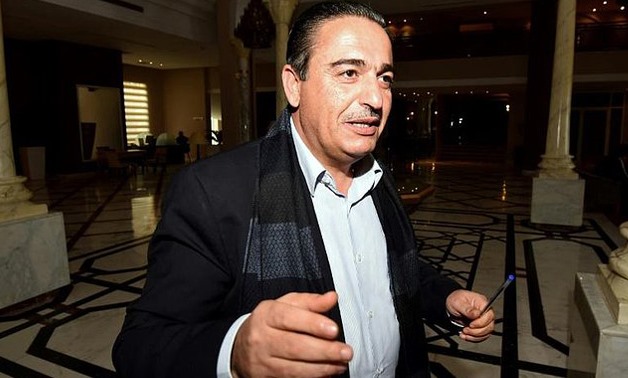
Tunisian businessman Chafik Jarraya, pictured in 2015, has had his assets frozen by Tunisian authorities - ِAFP
TUNIS - 26 May 2017: Tunisian authorities on Friday froze the assets of eight businessmen suspected of corruption, including some already under house arrest.
Graft was widespread under longtime president Zine El Abidine Ben Ali, who was ousted in a 2011 uprising, and has remained endemic ever since.
The eight men allegedly profited from their ties to Ben Ali and members of his regime whose assets were confiscated in 2012.
A government agency charged with confiscating property said it had seized property and frozen the assets of the eight over "illegal" profits.
It came after an investigation showed their involvement in "relations that enabled them to illegally make huge profits", commission head Mounir Ferchichi said.
Tunisia declared a "war on corruption" this week after the arrest of three businessmen and a customs officer on suspicion of graft and financing protests in the North African country.
Those hit by the asset freeze include businessman Chafik Jarraya and former presidential candidate Yassine Chennoufi, who were among those detained earlier this week and are under house arrest.
They are also accused of "incitement and alleged financing of the protest movement" in the south, the scene of long-running demonstrations over unemployment.
Ferchichi called the timing of the asset freezes alongside the anti-graft probe "a coincidence".
Authorities have arrested 10 businessmen and suspected smugglers since Tuesday on suspicion of corruption and "conspiracy against the security of the state", a senior official said Friday, speaking on condition of anonymity.
The arrests come after a young man died Monday after being run over by a national guard vehicle during clashes in the southern desert region of Tataouine.
The anti-corruption arrests, made possible by a state of emergency in force since November 2015, have been largely welcomed by politicians and the public.
But some say such measures do not go far enough, and that more is needed than the arrest of a few prominent figures.

Comments
Leave a Comment